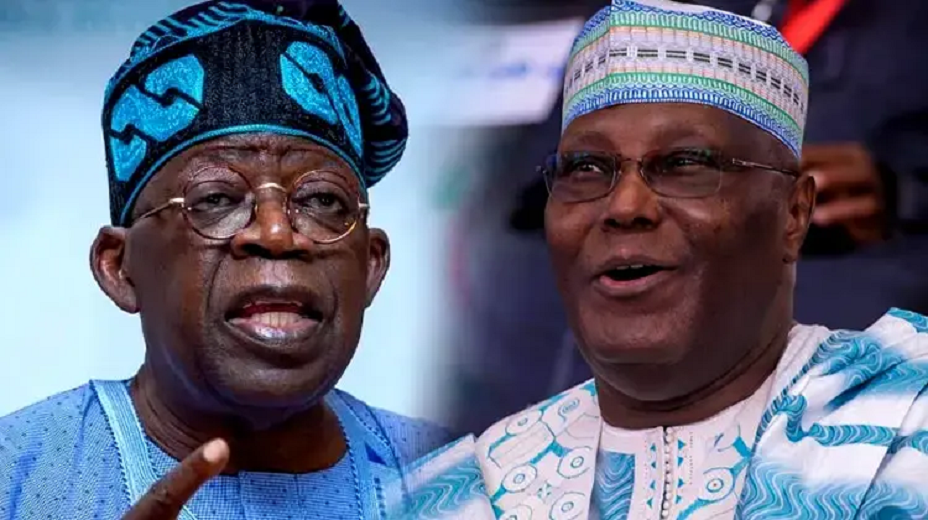Dr Isa Ali Ibrahim Pantami, Minister of Communications and Digital Economy, has said that digital technologies are facilitating the Anti-Corruption crusade of the administration of President Muhammadu Buhari, in Nigeria.
The minister, who was represented by Mrs Abimbola Alale, Mananging Director, Nigeria Communications Satellite (NIGCOMSAT), said this at the 2021 Pre-Democracy Day Conference with the theme “Appraising the Impact of President Muhamadu Buhari’s Anti-Corruption Fight on the Nigerian Economy since 2015”, organised by Global Integrity Crusade Network (GICN) in collaboration with Transparency Advocacy Development Initiative (TADI) in Abuja.
Dr Pantami said government policies, such as; Treasury Single Account (TSA), Integrated Personnel and Payroll Information System (IPPIS), Government Information Financial Management Information System (GIFMIS), Bank Verification Number (BVN), among others, are good success stories of ICT adoption to combat corruption. He stated that the implementation of TSA and IPPIS/BVN is saving the country billions of naira every month, and had facilitated the elimination of ghost workers in various MDAs.
“In Nigeria, ICT has supported the fight against corruption by raising accountability and transparency through online services, transparency or open data portals, crowdsource and online corruption reporting, service automation and digitalization”, he said.
While presenting a paper at the same event, The Director General/CEO, National Information Technology Development Agency (NITDA), Mallam Kashifu Inuwa Abdullahi, said, innovative ideas will help in curtailing corruption in Nigeria.
Abdullahi said the President Muhammadu Buhari-led administration’s commitment at the global level, led to Nigeria joining the Open Government Partnership (OGP) in July 2016 as the 70th country. The OGP is an international multi-stakeholder initiative focused on improving transparency, accountability, citizen participation and responsiveness to citizens through technology and innovation.
The DG, who was represented by Usman Gambo Abdullahi, Director, IT Infrastructure Solutions at NITDA said, the administration has shown its commitment by launching the National Digital Economy Policy and Strategy (NDEPS 2020 – 2030) for a Digital Nigeria.
He said, the goal of NDEPS is to promote the use of digital technologies to enhance transparency and anti-corruption, which is at the heart of the digital economy.
He noted that IT Projects Clearance Process of NITDA facilitated unprecedented improvement in IT Projects delivery in Federal Public Institutions, which resulted in saving over 22.5 Billion Naira for the Federal Government.
The IT Regulator’s CEO cited the National Anti-Corruption Strategy (NACS 2017-2021), which is anchored on 5 Pillars namely; Prevention, Engagement, Ethical Re-orientation; Enforcement, Sanctions and Recovery; and Management of Proceeds of Crime. Adding that; “in each of these, efforts were made to ensure adequate utilization of ICT towards their realization”.
He also stated that the shift in funds from resource-based and physical economy to a digital economy requires a supply-demand matching approach to digital resources and market-creating innovations as mentioned earlier.
“On the aspect of supply, we are working to ensure government services are digital, end-to-end. We are working with National Identity Management Commission (NIMC), to increase enrollment drastically. The identity enrollment database has grown to 54 million.
“We want to ensure all Nigerians have a digital identity in the coming years. We are providing an enabling environment for last-mile broadband penetration. There are about 150 million internet users with about 42.93% broadband penetration,” the DG said.
“On the demand side, we are focusing on digital literacy and the skills required to uptake digital services across different levels of the masses.
“We are creating activities that will increase the demand for digital content and services by the citizens. Our strategy is to focus more on market-creating innovations that would impact the economy, create massive jobs and lift many Nigerians out of poverty.
“Ultimately, this principle will reduce corruption in our systems and help us develop as a country,” he added.
The Conference Coordinator and President of GICN, Barr. Edward E. Omaga, during his welcome address said the essence of the conference was to painstakingly appraise the effort of President Muhammadu Buhari’s led administration towards combating the menace called corruption.

























































